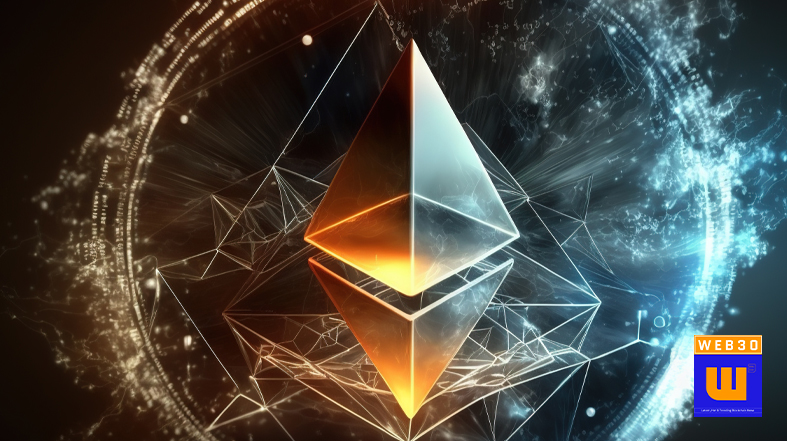Transaction fees on Ethereum recently fell to their lowest in seven months, hitting $1.7 per transaction on May 12.
The average fee for transactions on Ethereum has hit its lowest point in seven months as layer-2 networks gain popularity for frequent transfers. According to data from BitInfoCharts, Ethereum‘s average transaction fee dropped to as low as $1.7 on May 12, a level last seen in October 2023, when ETH was valued below $2,000.
Following Ethereum‘s Dencon upgrade, fees also decreased significantly on major layer 2 networks, making them more appealing for everyday use. According to stats from L2Fees, token swaps on primary layer-2 networks now cost less than $0.5, a substantial difference from Ethereum‘s mainnet, where users would have to pay over $4 to swap tokens.

Meanwhile, Ethereum co-founder Vitalik Buterin has proposed addressing the limitations of the current fee system through multidimensional gas pricing. Ethereum operates on a peer-to-peer model where all computing processes, including storage, data transfer, and encryption operations, are measured using a single metric known as “gas.”
Buterin argues that the current method results in inefficient use of computing power and may lead to the inclusion of unsafe blocks in the blockchain. Proposing a shift to a multidimensional gas model, he suggests that this approach could better represent the network’s true constraints and capabilities, potentially increasing capacity without sacrificing resource flexibility.
Summary Review: Ethereum transaction fees have reached a seven-month low, dropping to $1.7 per transaction on May 12, amidst the rising competition among layer-2 networks. With Ethereum‘s Dencon upgrade contributing to significant fee reductions on major layer 2 networks, everyday users are finding these networks increasingly attractive for their transaction needs. Additionally, Ethereum co-founder Vitalik Buterin‘s proposal for multidimensional gas pricing aims to address the inefficiencies of the current fee system, potentially enhancing the network’s capacity while maintaining resource flexibility. As Ethereum continues to evolve, these developments underscore the ongoing efforts to improve scalability and usability, ultimately benefiting users worldwide.
Disclaimer: Remember that nothing in this article and everything under the responsibility of Web30 News should be interpreted as financial advice. The information provided is for entertainment and educational purposes only. Investing in cryptocurrency involves inherent risks and potential investors should be aware that capital is at risk and returns are never guaranteed. It is imperative that you conduct thorough research and consult with a qualified financial advisor before making any investment decision.





